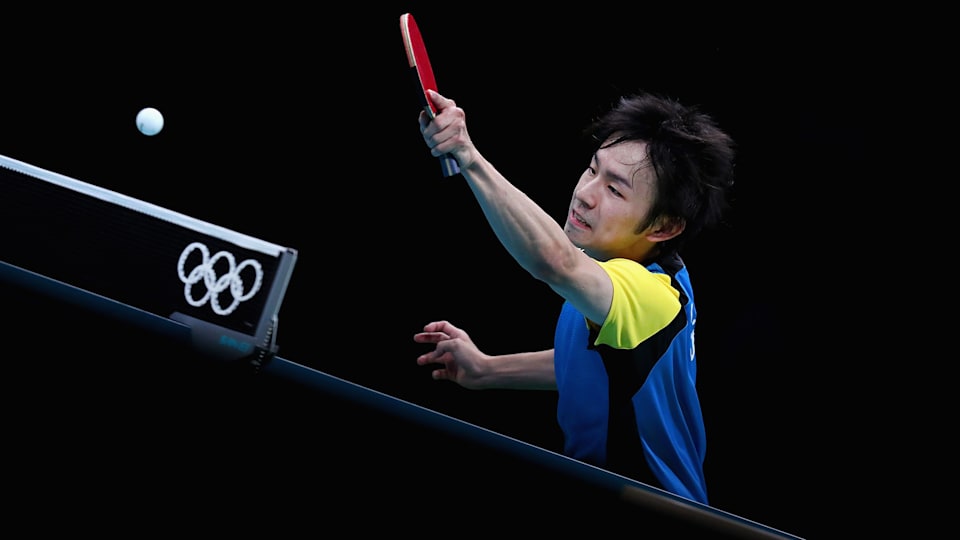
For a man who is not yet 22, you would not ordinarily expect this amount of pressure to be placed on the shoulders of someone so young. But Niwa – born and raised in the port city of Tomakomai, on the northernmost Japanese island of Hokkaido – is no ordinary athlete.
In fact, such is the precocious ability of the youngster that he entered Rio 2016 as something of a battle-hardened Olympian, having already competed at the Olympic Games London 2012 at the age of just 17. Four years later, Niwa was celebrating his first Olympic medal after helping Japan reach the gold medal match of the team event, where they lost 3-1 to reigning champions China.
The beginning of Niwa’s rise to stardom can be traced to the Youth Olympic Games Singapore 2010, where he swept away the competition to win table tennis gold in both the boys’ singles and the mixed team event. Triumph in the singles at the World Junior Table Tennis Championships followed a year later, before his breakthrough performance in April 2012 when he overcame the current world no.1, China’s Ma Long, to become the first Asian player to qualify for London 2012.
At Rio 2016, Niwa reached the quarter-finals of the men’s singles competition, before bowing out against eventual silver medallist Zhang Jike, from China.
After surviving a scare against Poland in the opening round of the team competition, Niwa teamed up with Maharu Yoshimura to earn crucial wins in the doubles against Hong Kong and then Germany.
Those results helped set up a showdown against China in the gold medal match, but Niwa and his team-mates ultimately had to settle for silver as the Chinese successfully defended their title. Yet the 21-year-old still leaves Rio having reached the Olympic podium for the first time, as well as having helped Japan earn its first-ever medal in the men’s team competition.
Not that Niwa is resting on his laurels, of course, with his sights already firmly set on Tokyo 2020 and climbing up the rankings. “For myself, I still need to work on my world ranking,” he said after the team final.
“There are many opponents and athletes besides the Chinese that I have to go up against and gain a higher ranking. Therefore, in the next four years, I have many areas I need to work on, not just to lessen the gap between the Chinese athletes but also other nations. That's what I would like to work on.”
The future is bright for Japanese table tennis; with Jun Mizutani winning a bronze medal in the men’s singles and another bronze in the women’s team event alongside the men’s team silver, there is a strong foundation for the country to build on as they plot an all-out assault at Tokyo 2020 to usurp the all-conquering Chinese. And as one of the most exciting players in today’s game, you can certainly expect Niwa to be a key figure in Japan’s grand plans.
